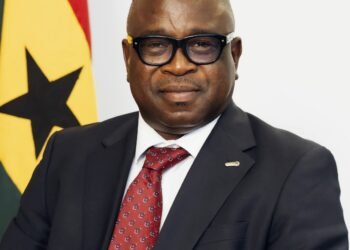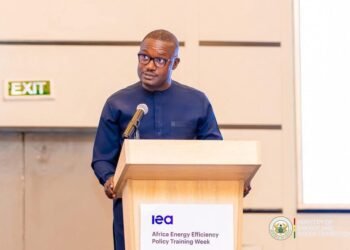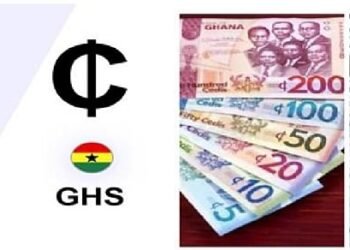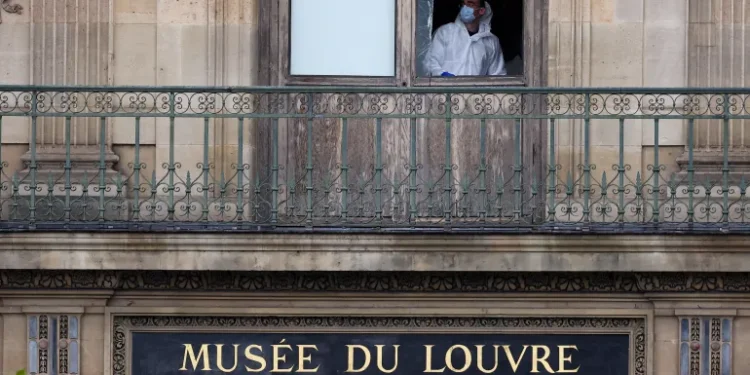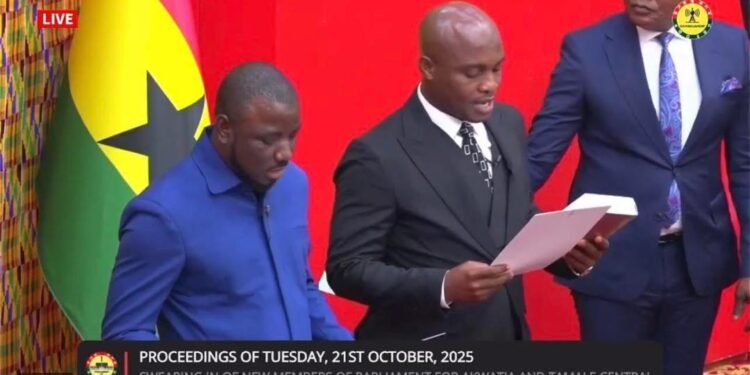Ghana’s Minister for Energy and Green Transition, John Abdulai Jinapor, has announced that the government’s renegotiation of power purchase agreements with Independent Power Producers (IPPs) has already yielded savings of approximately $300 million, a key milestone in efforts to stabilize the energy sector’s finances.
Speaking during a working visit to the Volta River Authority (VRA), Mr. Jinapor said the successful renegotiations mark a critical step in addressing Ghana’s longstanding energy sector shortfalls, which have placed immense pressure on the national budget.
“Based on the numbers I’m seeing, I’m confident that we can save a lot of money.
“So far, what the IPP re-negotiating team has done tells me that we are saving about 300 million US dollars from the IPPs.”
Hon. John Abdulai Jinapor, Minister for Energy and Green Transition
Ghana’s energy sector has long been burdened by accumulated debts, partly stemming from legacy power purchase agreements signed under emergency conditions in the mid-2010s.
These contracts locked the country into high capacity charges and excess generation payments, contributing to mounting fiscal pressures.
The Minister explained that without decisive reforms, the cost of managing the energy sector could soon consume nearly the entire national budget, leaving limited fiscal space for development and investment.
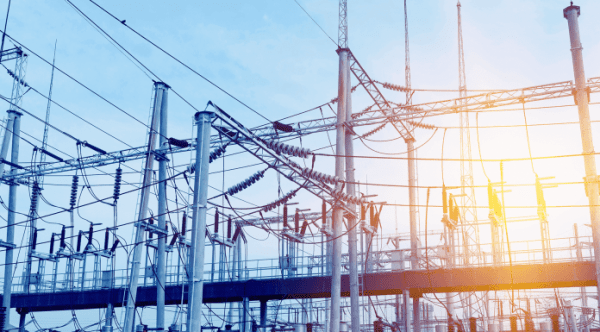
“This year’s budget is giving us 28 billion not for investment but to pay energy sector shortfalls. If it continues like that, next year it will be 35 billion.
“If we don’t stop it, virtually all energy sector shortfalls alone will consume the whole budget, and it’s not sustainable.”
Hon. John Abdulai Jinapor, Minister for Energy and Green Transition
Mr. Jinapor said the government has intensified efforts to restructure existing IPP contracts and improve sector efficiency, with the goal of eventually weaning the energy sector off reliance on the national budget.
“I’ve been working with the team aggressively to turn around that unfortunate scenario.
“From the revenues we are generating and the improvements we are making, I can see that there’s light at the end of the tunnel, even though there is more to be done.”
Hon. John Abdulai Jinapor, Minister for Energy and Green Transition
The Minister’s disclosure of the $300 million savings from renegotiations signals progress toward correcting those imbalances.
The government’s ongoing engagement with IPPs aims to adjust tariffs, restructure payments, and align supply with actual demand to restore financial health to the sector.
Investment in VRA Seen as Key to Long-Term Stability
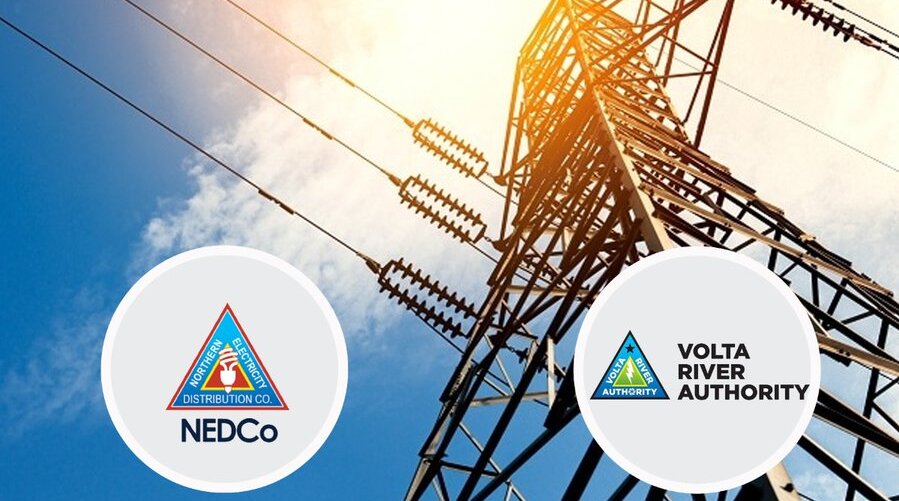
Beyond renegotiating IPP contracts, the Minister underscored the urgent need for Ghana to reinvest in the Volta River Authority, the state-owned power utility that has historically been the backbone of the nation’s electricity generation.
He argued that enhancing VRA’s generation capacity would reduce the country’s heavy dependence on private producers, who currently command a significant portion of the energy market.
According to Mr. Jinapor, Ghana spends nearly $840 million annually purchasing power from IPPs, funds that could instead be redirected toward expanding VRA’s capacity through the acquisition of additional thermal and renewable energy plants.
“My experience with the IPPs has shown me that we have to invest heavily in the VRA.
“Today, you look at how much we pay to IPPs every month.”
Hon. John Abdulai Jinapor, Minister for Energy and Green Transition
Hon. Jinapor stated that Ghana is spending approximately $70 million each month amounting to around $840 million annually on energy-related costs that could have been redirected into long-term infrastructure.
“If we had taken a bold decision and escrowed those funds into an account, we could have built more plants at VRA and sold power at a cheaper price.”
Hon. John Abdulai Jinapor, Minister for Energy and Green Transition
The Minister lamented that past decisions have left Ghana overly reliant on independent producers, whose contracts often include take-or-pay clauses, requiring the government to pay for power it does not necessarily consume.
He emphasized that investing in the VRA’s capacity is not only economically prudent but also essential to achieving energy sovereignty and affordability.
Aligning with Ghana’s Green Transition Vision
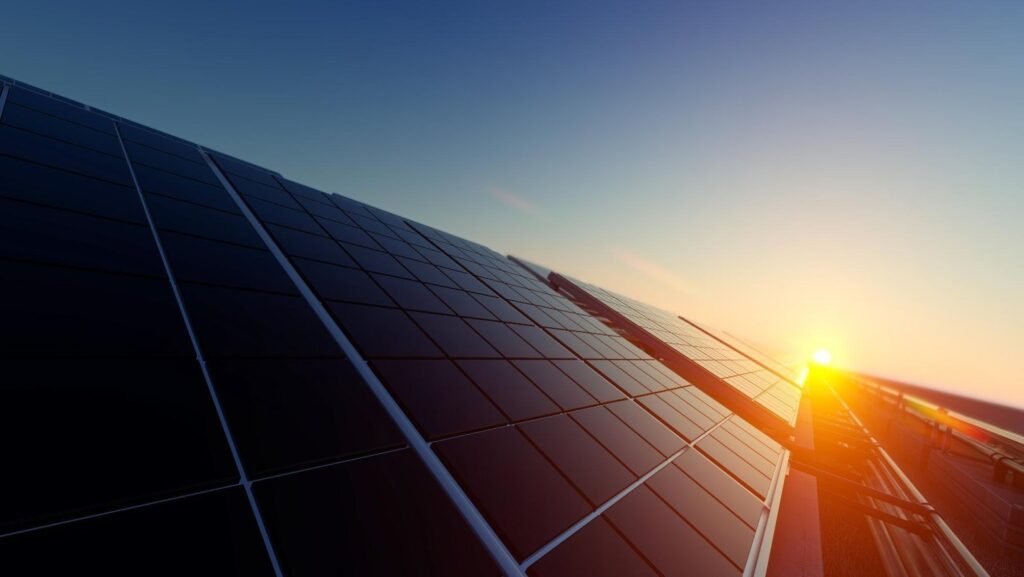
As Ghana transitions toward a greener energy future, the Minister said the government will ensure that new investments in the VRA and the wider energy sector align with the national green transition strategy.
The goal, he emphasized, is to blend conventional generation with renewable energy to build a diversified, low-emission power system.
He added that the government’s reforms are designed not only to stabilize the sector but also to attract private investment through transparent policies and credible financial management.
As Ghana’s energy reform program gains momentum, experts view the $300 million savings as a crucial turning point in the country’s drive to restore balance to its power sector.
By coupling renegotiated IPP contracts with renewed investment in VRA, the government aims to reduce dependence on external financing, curb inefficiencies, and deliver long-term energy security.
READ ALSO: BoG’s $1.15bn FX Injection Sparks Clash with IMF and World Bank Over Cedi Stabilization





